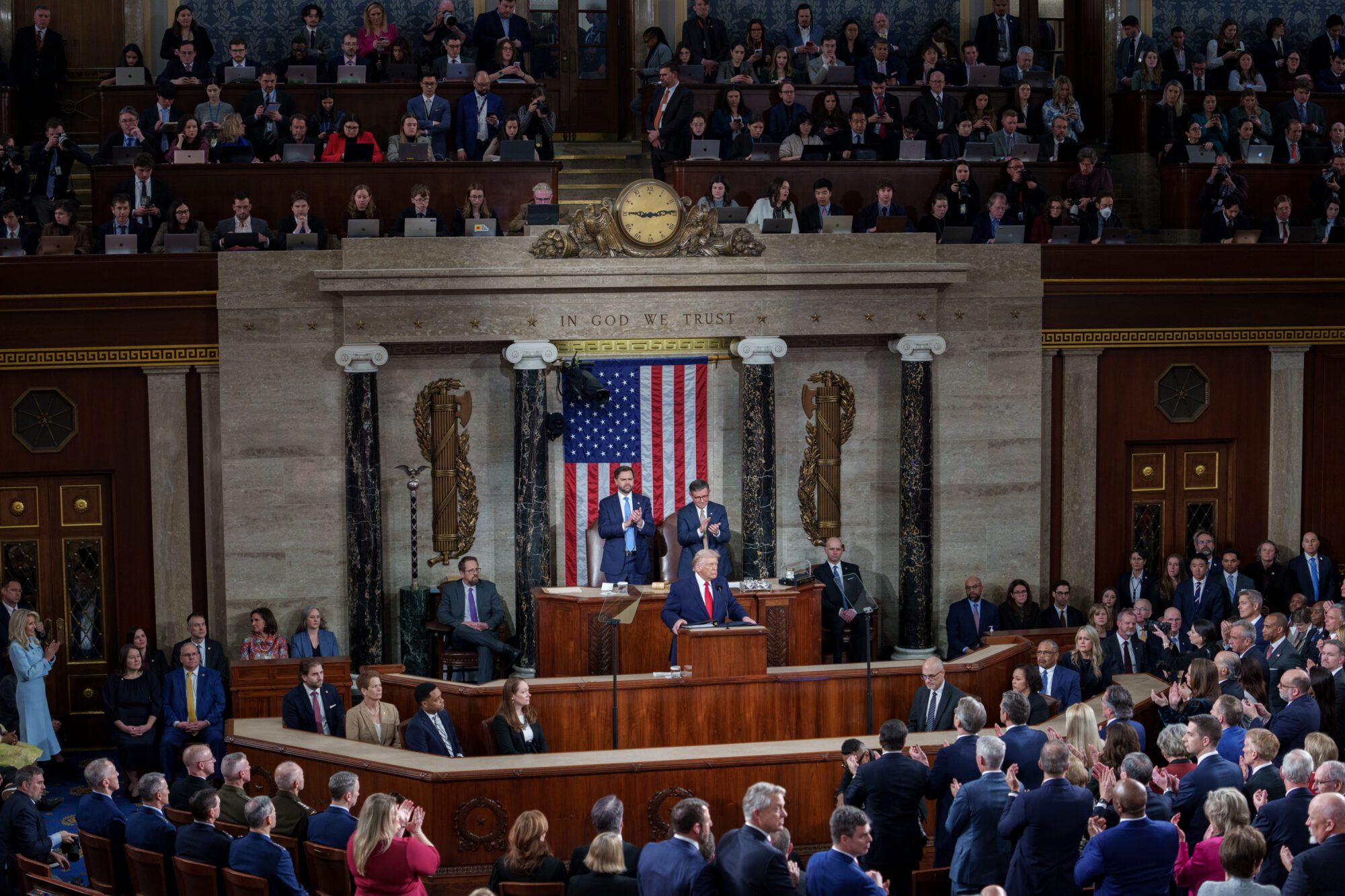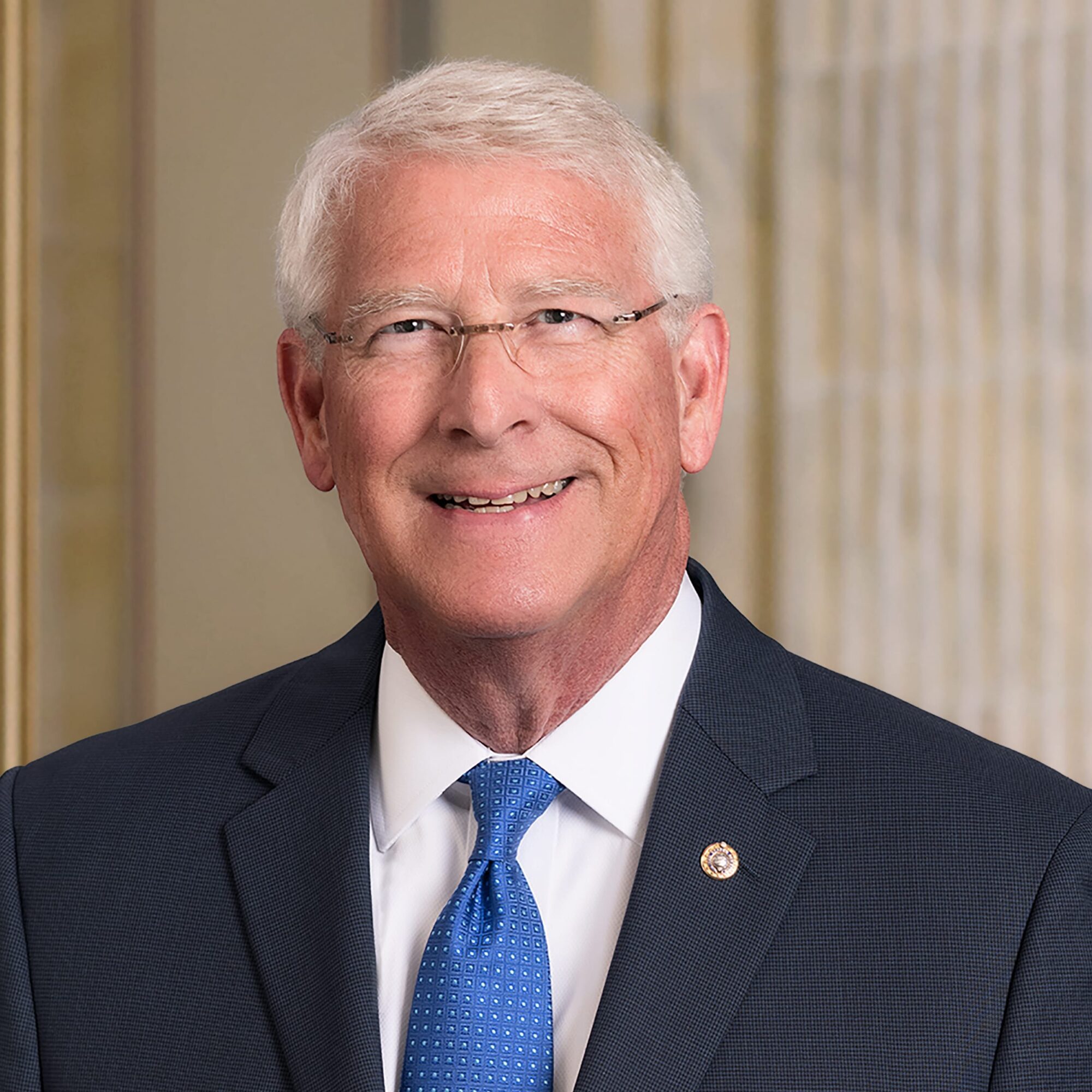
The Mississippi Supreme Court has reversed the absentee voting decision handed down by Hinds County Chancery Judge Denise Owens on September 2. Secretary of State Michael Watson appealed the Hinds County ruling, and a majority of Justices ruled Friday that the initial ruling was too broad in its interpretation.
“We find that the chancery court’s order erred to the extent it declared that Section 25-15-713(d) ‘permits any voter with pre-existing conditions that cause COVID-19 to present a greater risk of severe illness or death to vote by absentee ballot during the COVID-19 pandemic,'” the Justices write, adding, “Having a preexisting condition that puts a voter at a higher risk does not automatically create a temporary disability for absentee-voting purposes.”
The Justices went on to rule that had the Legislature intended to allow a voter to vote absentee based on a physician’s recommendation, it would have provided so accordingly with plain language.
“The Legislature did not do so,” the Supreme Court ruling states. “Instead, it promulgated a straightforward term that bestows certainty with regard to its intent behind the language added to Section 23-15-713(d) in July. And we are not permitted to add to or take from what the Legislature has plainly stated.”
The Mississippi Legislature had previously passed new legislation in the 2020 session adding COVID-19 patients under physician-imposed quarantine, or anyone caring for a dependent who is such a patient, as eligible to vote absentee.
“As the Secretary of State correctly states in his brief, voters are required to make a good-faith determination that they qualify before executing their absentee forms,” the Justices wrote. “Local officials are likewise obligated to act in good faith when ensuring that only authorized voters apply for and cast absentee ballots in the manner prescribed by law.”











